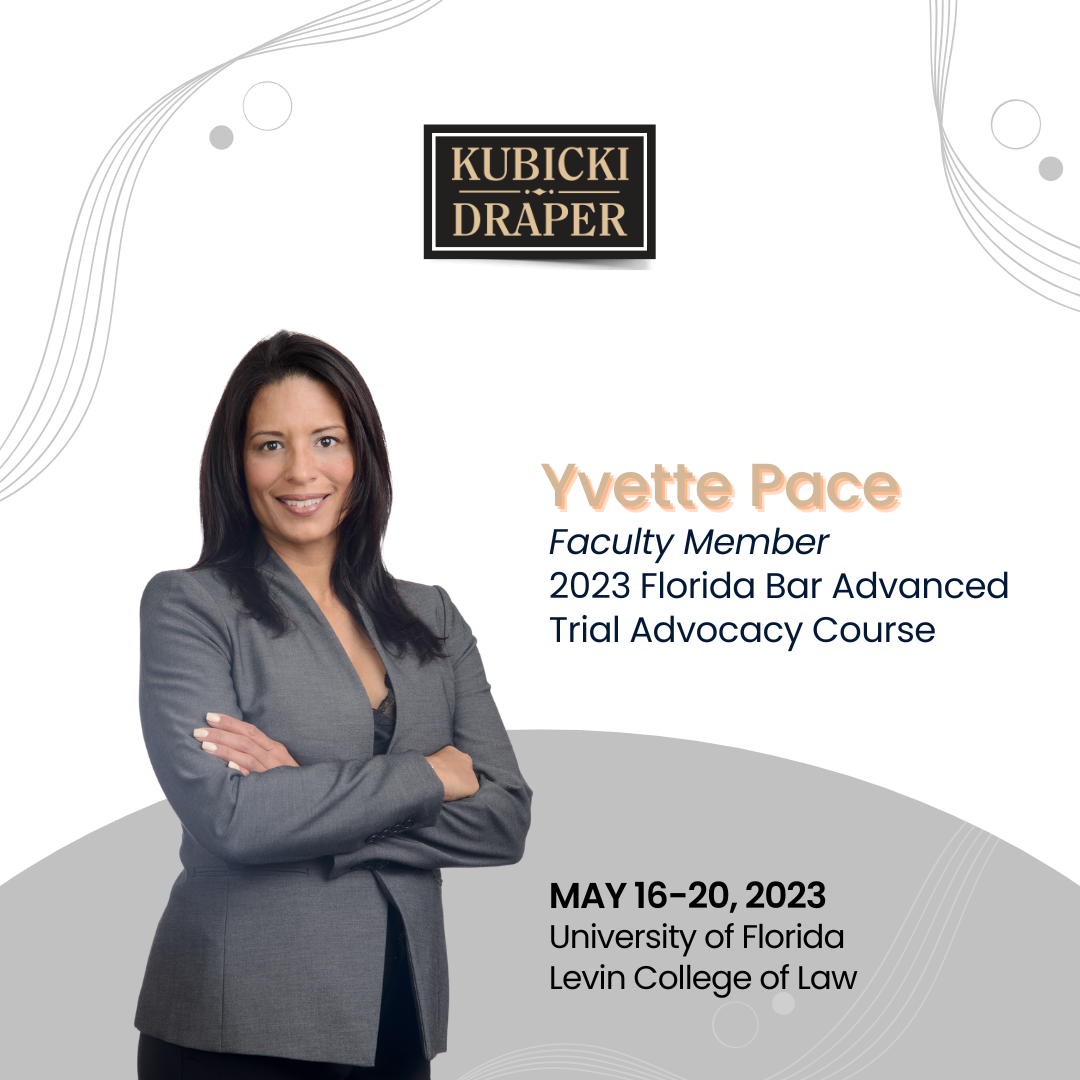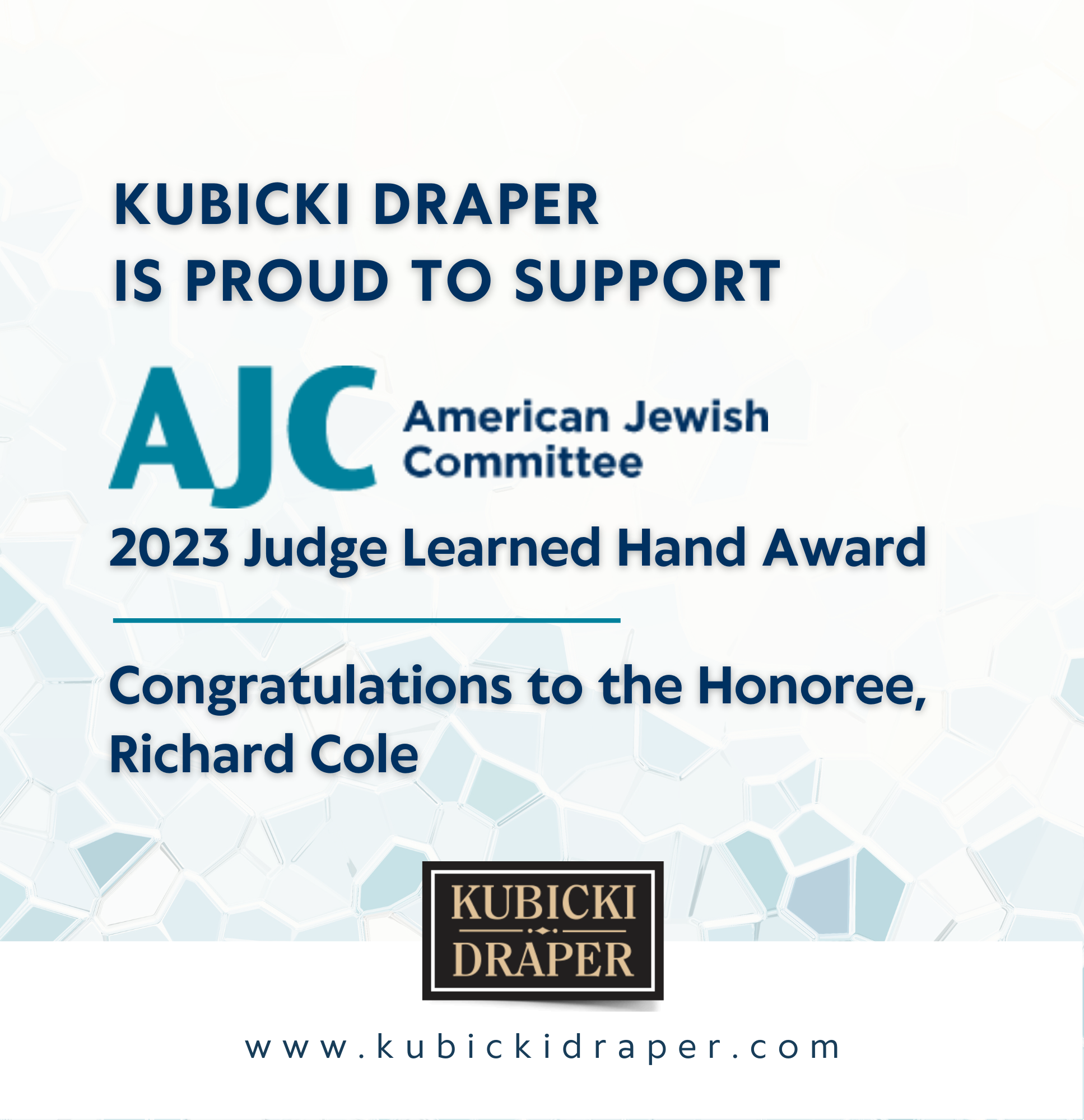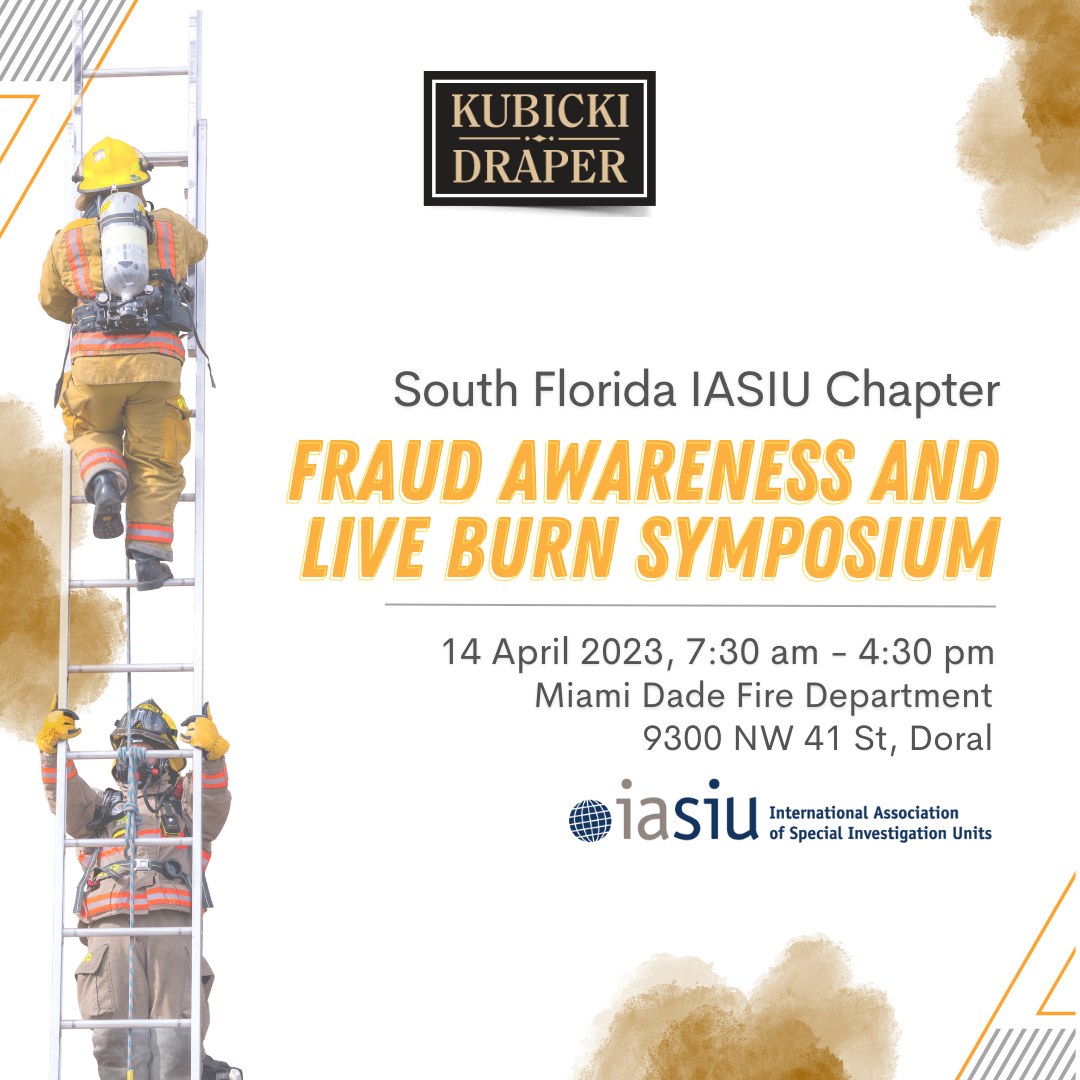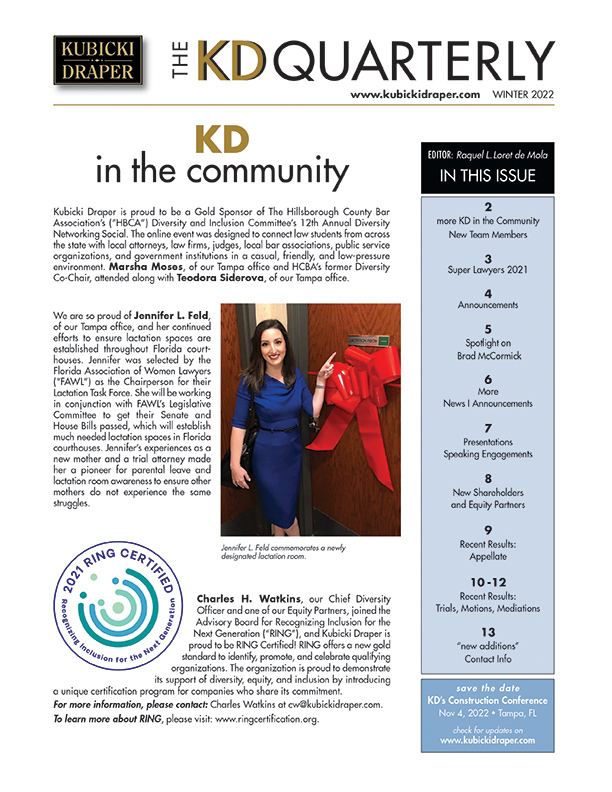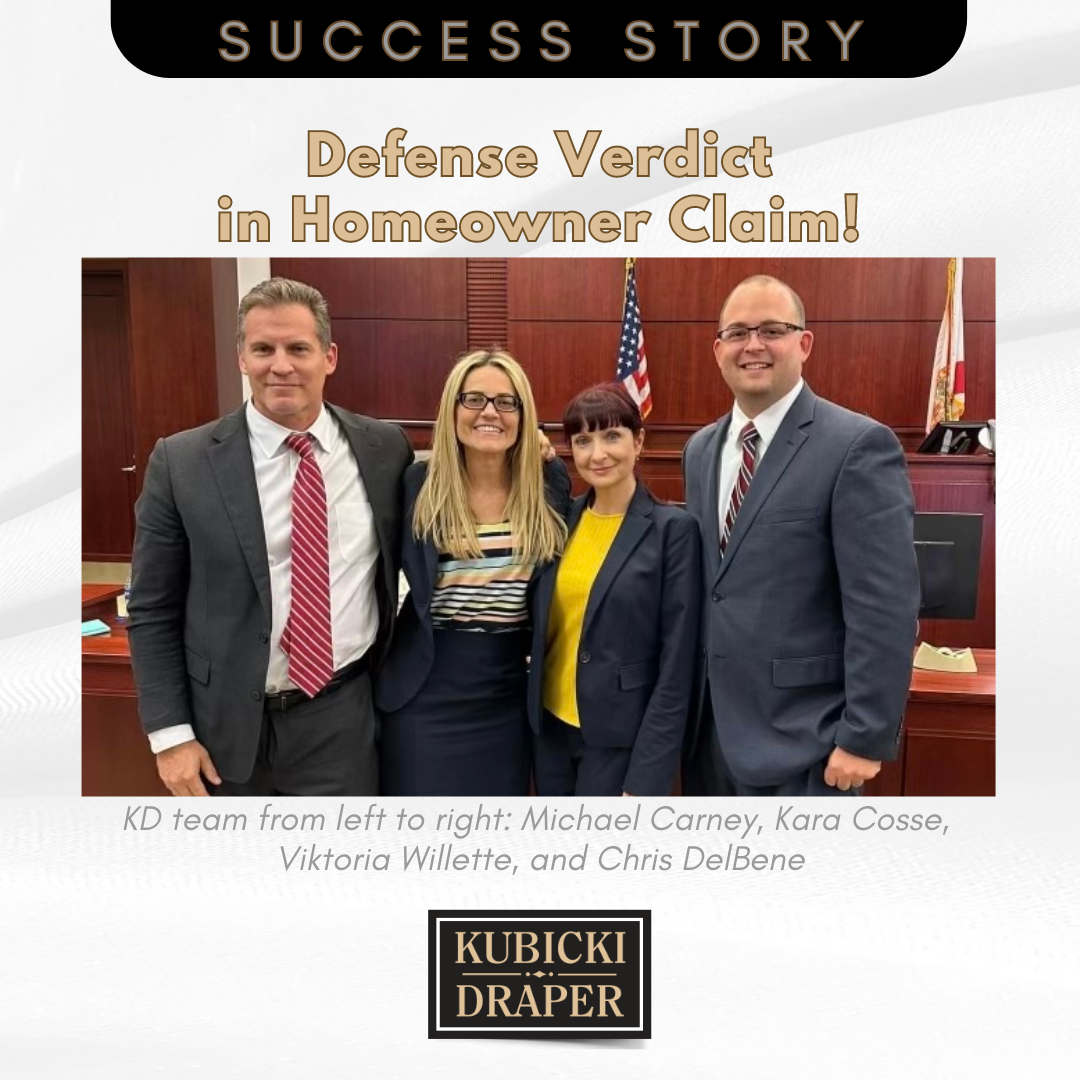By:
Allison N. Henry and
Peter S. Baumberger on behalf of KD’s Construction Practice Group
In Florida, there is a general rule that a contractor may not be held liable for the negligence of its independent contractor. See City of
Coral Gables v. Prats, 502 So. 2d 969, 971 (Fla. 3d DCA 1987);
Fisherman's Paradise, Inc. v. Greenfield, 417 So.2d 306 (Fla. 3d DCA 1982);
Smith v. United States, 497 F.2d 500 (5th Cir.1974);
Mills v. Krauss, 114 So. 2d 817 (Fla. 2d DCA 1959); see also
Morrison Motor Co. v. Manheim Services Corp., 346 So.2d 102 (Fla. 2d DCA 1977) (as to third-party victims, the general rule of non-liability of an employer for the negligence of an independent contractor applies);
Van Ness v. Independent Const. Co. 392 So.2d 1017 (Fla. 5th DCA 1981);
Skow v. Department of Transportation., 468 So.2d 422 (Fla. 1st DCA 1985)(Department of Transportation was not responsible for work of independent contractor although it actively participated in inspection of such work);
Carrasquillo v. Holiday Carpet Service, Inc., 615 So.2d 862 (Fla. 3d DCA 1993) (Summary judgment affirmed in favor of general contractor who hired the subcontractor that installed the complained of carpet flooring because general contractor lacked control over subcontractor)(emphasis added);
Paul N. Howard Co. v. Affholder, Inc., 701 So.2d 402 (Fla. 5th DCA 1997)(relationship between two parties was that of general contractor and subcontractor/independent contractor when subcontractor was responsible for providing all labor, tools, equipment, was in control of work, was responsible for payment to employees, etc.);
Sterling Financial & Management, Inc. v. Gitenis, 117 So.3d 790 (Fla. 4th DCA 2013) (“The rationale for the general rule is that since the employer of an independent contractor has no power of control over the manner in which the work is to be done by the [independent] contractor, it is to be regarded as the [independent] contractor's own enterprise and it is the [independent] contractor that is the proper party to be charged with the responsibility of preventing the risk, and bearing and distributing it.”);
Wiseman v. Miami Rug Co., 524 So. 2d 726 (Fla. 4th DCA 1988) (holding that a subcontractor was an independent contractor, in part, based on the lack of control exercised by the general contractor over the subcontractor).
This rule, however, has a number of exceptions of which a contractor must be wary. These exceptions include circumstances in which the independent contractor’s work involves a non-delegable duty, such as a duty created by permit, contract, or by conducting an inherently dangerous activity. Additional exceptions arise in instances where a contractor engages in certain conduct that may subject it to liability for the conduct of its independent contractors, such as: (1) engaging in supervision, control, and/or instruction of the independent contractor and (2) negligent selection. Determining whether a contractor will be liable for the negligence of an independent subcontractor requires a fact intensive investigation. Below is a brief examination of situations in which a contractor may be found liable for the actions of its subcontractor.
A. Non-Delegable Duty
A contractor will be liable for the conduct of its independent subcontractor in situations where a non-delegable duty exists. A non-delegable duty may come from a number of sources. For example, a non-delegable duty may be created where a contractor is retained to perform an inherently dangerous activity. Additionally, a non-delegable duty may be created when a contractor “pulls” a permit for a project. Further, a non-delegable duty may be created by contract.
i. Inherently Dangerous Activity
The inherently dangerous activity doctrine provides that a party who employs an independent contractor to do work involving a special danger to others, which the employer knows to be inherent in or normal to the work, is subject to liability for physical harm caused to such others by the contractor's failure to take reasonable precautions against such danger. L.E. Myers Co. v. Young, 165 So. 3d 1, 5 (Fla. 5th DCA 2015). This court has noted that the question of whether a particular activity is inherently dangerous may, in some circumstances, be treated as an issue of duty and thus decided by the court as a matter of law. See Smyth ex rel. Estate of Smyth v. Infrastructure Corp. of Am., 113 So.3d 904, 911 (Fla. 2d DCA 2013). An activity is inherently dangerous if the danger inheres in the performance of the work, such that in the ordinary course of events its performance would probably, and not merely possibly, cause injury if proper precautions were not taken. Id. Courts have held that an activity is to be deemed inherently dangerous if the evidence is sufficient to support a finding of a recognizable and substantial danger inherent in the work. Fla. Power & Light Co. v. Price, 170 So.2d 293, 295 (Fla.1964). Examples of inherently dangerous activities include: crane operation, clearing land by fire, pile driving, and work involving wires charged with high voltage electricity. See Atlantic Coast Development Corp. v. Napoleon Steel Contractors, 385 So. 2d 676, 679 (Fla. 3d DCA 1980); Midyette v. Madison, 558 So. 2d 1126 (Fla. 1990); Bialkowicz v. Pan Am. Condo. No. 3, Inc., 215 So. 2d 767, 772 (Fla. 3d DCA 1968); and Florida Power & Light Co., 170 So. 2d 295-96. On the other hand, the Fourth District Court of Appeals held that removal of floor tiles from a roof deck does not constitute an inherently dangerous activity. See Gyongyosi v. Miller, 80 So. 3d 1070, 1076 (Fla. 4th DCA 2012) (holding that tile removal is not of such a nature that in the ordinary course of events its performance would probably, not merely possibly, cause injury if proper precautions were not taken). Accordingly, when a contractor retains an independent contractor to perform an inherently dangerous activity, the contractor may be held liable for damages that arise out of said conduct during the performance of the work. See Smyth, 113 So. 3d at 912. Even if the contractor is not the party performing the work, Courts have held that a contractor cannot escape liability by retaining a subcontractor to perform the dangerous activity.
ii. Permit
Obtaining a permit for a project creates a potential avenue of liability for a contractor. To determine whether obtaining a permit for a project creates a non-delegable duty to another requires a more nuanced investigation. A contractor’s liability might be dependent on who the claimant is and, further, what the claim is about. For example, pursuant to Florida Statutes Section 489.105(4), a qualifying agent who obtains the permit for a project has the responsibility to supervise, direct, manage, and control construction activities for the work contemplated by the permit. See ABD Construction Co. v. Diaz, 712 So. 2d 1146, 1147 (Fla. 3d DCA 1998) (finding a general contractor not liable for injuries to a plaintiff arising from work performed beyond the scope of the permit). The Third District Court of Appeals has held that the duty of care, with respect to the property of others, imposed by a city building permit upon a contractor cannot be delegated to an independent sub-contractor. See Bialkowicz v. Pan Am. Condo. No. 3, Inc., 215 So. 2d 767, 771 (Fla. 3d DCA 1968). Further, the Third District Court of Appeal has held that an owner may recover from a negligent qualifying agent under a common law theory of negligence or through the administrative remedies available under Fla. Stat. Chapter 489. Murthy v. N. Sinha Corp., 644 So. 2d 983, 986-87 (Fla. 3d DCA 1998). The case law, however, does not appear to make clear whether the ability to sue in these circumstances lies exclusively with the owner/developer, but we have seen instances where non-owner plaintiffs (like a condominium association) have made this argument. Based on the ABD Construction case, one might argue that deficient work performed under a permit acquired by a contractor, which was performed by a subcontractor hired by that contractor, and that was performed with that contractor’s knowledge may expose that contractor to liability. See ABD Construction Co., 712 So. 2d 1146 at 1147-48.
iii. Contract
A contractor’s contractual duty is another potential source of non-delegable duties. Fisherman’s Paradise, Inc., 417 So. 2d at 308. As it pertains to duties to owners, a contract will serve as a source of a non-delegable duty for the contractor. “Where [a] contracting party makes it her or his duty to perform a task, that party cannot escape liability for the damage caused to the other contracting party by the negligence of independent contractors hired to carry out the task.” Gordon v. Sanders, 692 So. 2d 939, 941 (Fla. 3d DCA 1997); Mills v. Krauss, 114 So. 3d 817, 821 (Fla. 2d DCA 1959). However, the contract might not serve as a source of a non-delegable duty to third parties who are not in privity of the contract. See Carrasquillo v. Holidy Carpet Serv., Inc., 615 So. 2d 862 (Fla. 3d DCA 1993).
A contract may nonetheless, serve as a source of liability to third parties based on the express terms of the contract. Specifically, a contract may impose a non-delegable duty upon a contractor by the inclusion of express terms creating a non-delegable duty. See City of Coral Gables v. Prats, 502 So. 2d 969, 971 (Fla. 3d DCA 1987) (“The contract between the City and DOT expressly imposed on the City a nondelegable duty to protect the public from any ‘trip and fall’ hazards during construction, and thus, the City remained liable even though it delegated performance of the contract to an independent contractor.”).
B. Contractor’s Conduct
i. Supervision, Control, and/or Instruction
It is important for a contractor to be conscious of the level of supervision, control, or instruction it engages in as to its subcontractor’s work. Although oftentimes this cannot (and should not) be avoided, if a contractor becomes too actively involved in a subcontractor’s scope of work, the contractor may be subject to liability for the actions of its subcontractor. If a contractor actively participates in or interferes with a job to the extent that he directly influences the manner in which the work is performed, then the contractor may be found liable for the actions of its subcontractor. Morales v. Weil, 44 So.3d 173, 176 (Fla. 4th DCA 2010) (quoting Johnson v. Boca Raton Cmty. Hosp., Inc., 985 So.2d 593, 595-96 (Fla. 4th DCA 2008)). Florida Courts have held that a “meddlesome employer” forfeits his immunity from liability under the general rule by so insinuating himself into his independent contractor's performance of the contract that the performance becomes his own. Indian River Foods, Inc. v. Braswell, 660 So.2d 1093, 1097 (Fla. 4th DCA 1995). To prove the requisite control over a subcontractor, evidence must be presented showing that the contractor actually engaged in control over the manner in which the work was performed. Sterling Fin. & Mgmt., Inc. v. Gitenis, 117 So. 3d 790, 794 (Fla. 4th DCA 2013). This control must extend beyond the general right to recommend a safe manner for an independent contractor to perform its work. Id. Indeed, it is not enough that an employer of an independent contractor orders work stopped or resumed, inspects the progress or receives reports, makes suggestions or recommendations which need not necessarily be followed, or prescribes alterations and deviations. Id at 795. Such a general right is usually reserved to employers, but it does not mean that the contractor is controlled by the contractor as to his methods of work, or as to operative detail to the extent that the contractor is not entirely free to do his work in his own way. Id. The key inquiry is whether the independent contractor is controlled as to his methods of work, or as to operative detail. Morales, 44 So.3d at 176.
A contract between a contractor and a subcontractor can also serve as evidence of the degree of control of the general contractor over the independent contractor See Paul N. Howard Co. v. Affholder, Inc., 701 So.2d 402 (Fla. 5th DCA 1997). The Affholder court, upon examination of the circumstances surrounding the contractor-subcontractor relationship, determined that because the subcontractor was responsible for providing all labor, tools, and equipment and was otherwise in control of the details of the project, the contractor did not engage in supervision or control thereby subjecting it to liability for the subcontractor’s conduct. Id; see also Wiseman v. Miami Rug, 524 So. 2d 726 (Fla. 4th DCA 1988).
ii. Negligent Selection
A contractor may also be liable to one injured as a result of a subcontractor's fault where it is shown that the contractor was negligent in selecting a careless or incompetent person with whom to contract. Suarez v. Gonzalez, 820 So. 2d 342, 344 (Fla. 4th DCA 2002). To state a claim for negligent selection of an independent contractor, a plaintiff must generally plead ultimate facts showing: (1) the contractor was incompetent or unfit to perform the work; (2) the employer knew or reasonably should have known of the particular incompetence or unfitness; and (3) the incompetence or unfitness was a proximate cause of the plaintiff's injury.” Davies v. Commercial Metals Co., 46 So. 3d 71, 73-4 (Fla. 5th DCA 2010). As a threshold requirement, the contractor must have been hired: (a) to do work involving a risk of harm unless skillfully and carefully done, or (b) to perform any duty owed by the employer to third persons. Id. Once the existence of a duty is established, then a breach may be shown by proving the contractor possessed an incompetence or unfitness about which the employer knew or, in the exercise of reasonable care, should have known. The amount of care which should be required is proportionate to the danger involved in failing to use it. Suarez, 820 So. 2d at 345. There is no duty to take any great pains to ascertain whether his reputation is or is not good. Id at 344. Merely knowing that the contractor engages in the type of work is sufficient, unless employer knows that the contractor's reputation is bad or knows of facts which should lead him to realize that the contractor is not competent. Id. Lastly causation is established by proving the plaintiff's injury was a foreseeable result of the particular incompetence. Davies, 46 So. 3d at 74.
Conclusion
Based on the foregoing, it is clear that contractors are not always responsible for their subcontractors. However, there are indeed situations in which a contractor may become liable for its subcontractors’ actions. The theories discussed above are among the more common theories asserted against contractors in construction cases. While one can never predict the future, contractors should be mindful of these theories and take whatever steps they can in effort to avoid exposure to them.
For more information on this topic, please contact us at
Construction@kubickidraper.com.

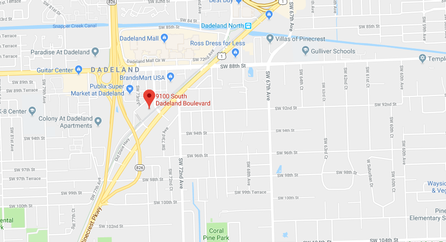
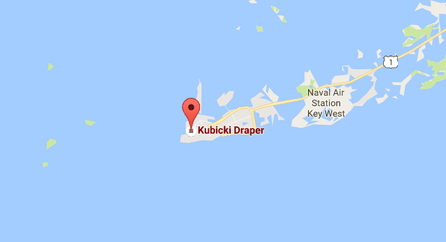
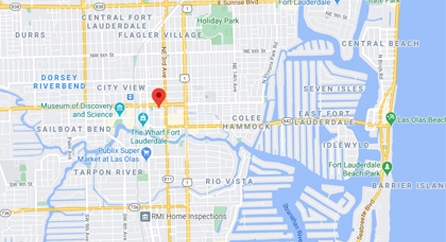
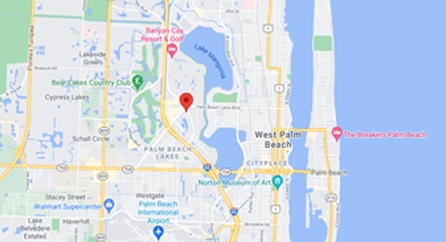
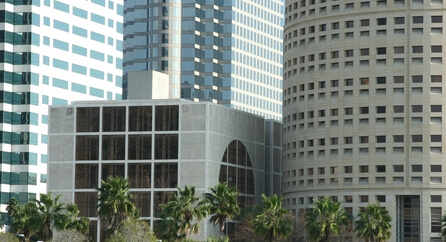
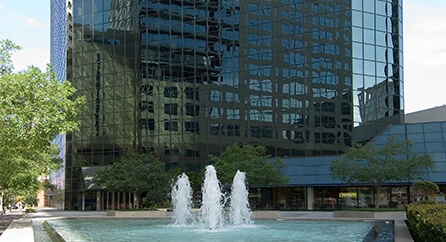
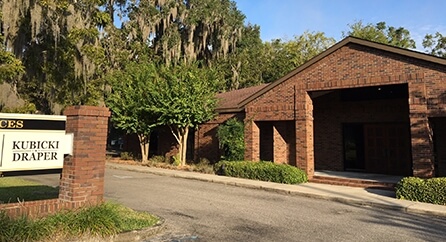
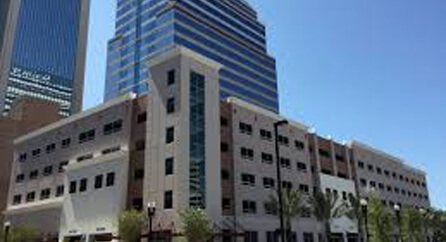
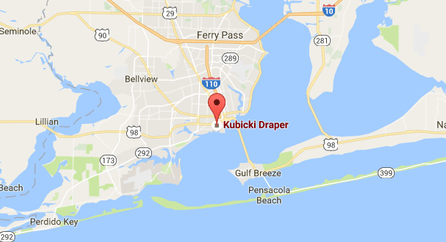

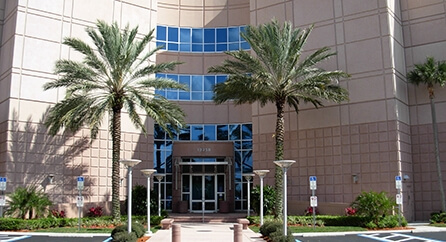
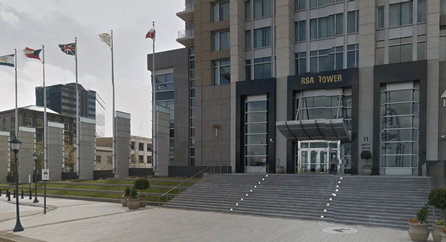
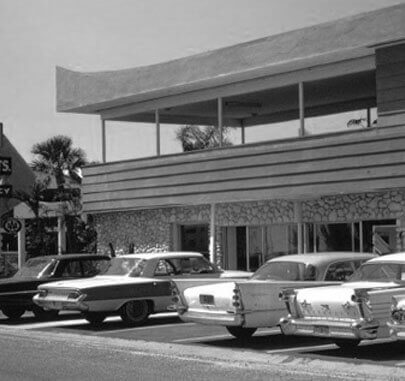



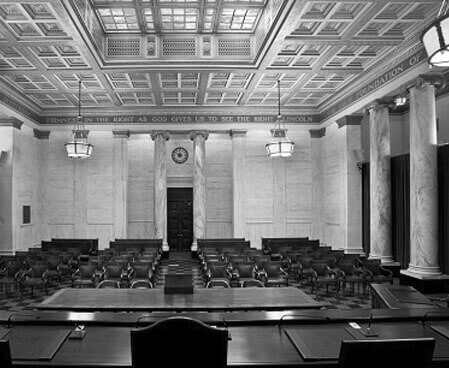


 .png)
